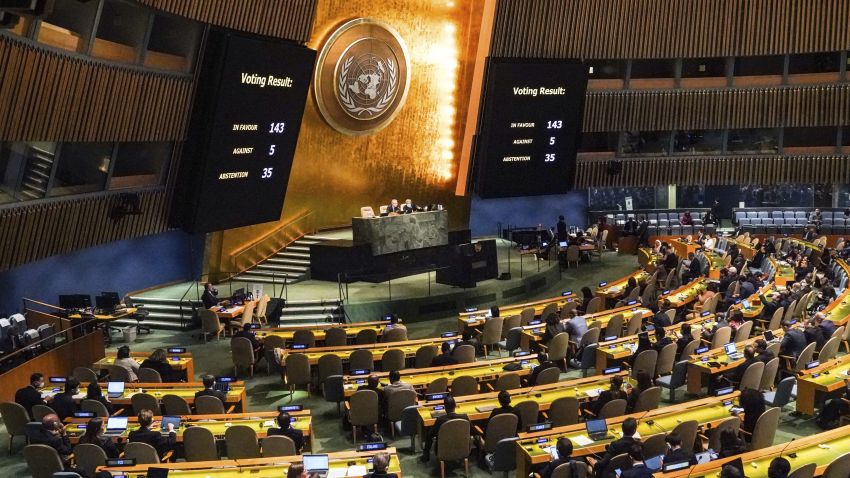In the past few weeks, Russia has declared its annexation of four partially occupied areas in Ukraine, after staging “referendums” in Luhansk, Kherson, Donetsk and Zaporizhzhia that were marred by intimidation at gunpoint. In a Sept. 30 speech televised to coincide with a meeting of the United Nations Security Council on the matter, Russian President Vladimir Putin announced that these regions would become part of Russia and vowed that any continued attacks on them would constitute violations of Russia’s own territorial integrity under Article 2 of the U.N. Charter.
This would appear to turn the U.N. Charter on its head, particularly its rules prohibiting the threat or use of force against the territorial integrity and political independence of another sovereign state. Occupying regions of another state, forcing its citizens to vote in rigged referendums and claiming its territory are clear violations of those rules. It is enough to make some observers wonder whether the U.N. Charter rules have outlived their usefulness. Political scientist Ian Hurd has argued that the charter does more to permit war than to regulate it, precisely because it leaves so much room for interpretation as to make a fiction of the rules themselves.
In fact, however, the U.N. Charter is working exactly as was envisioned, and perhaps even better than its framers hoped, for three reasons.

